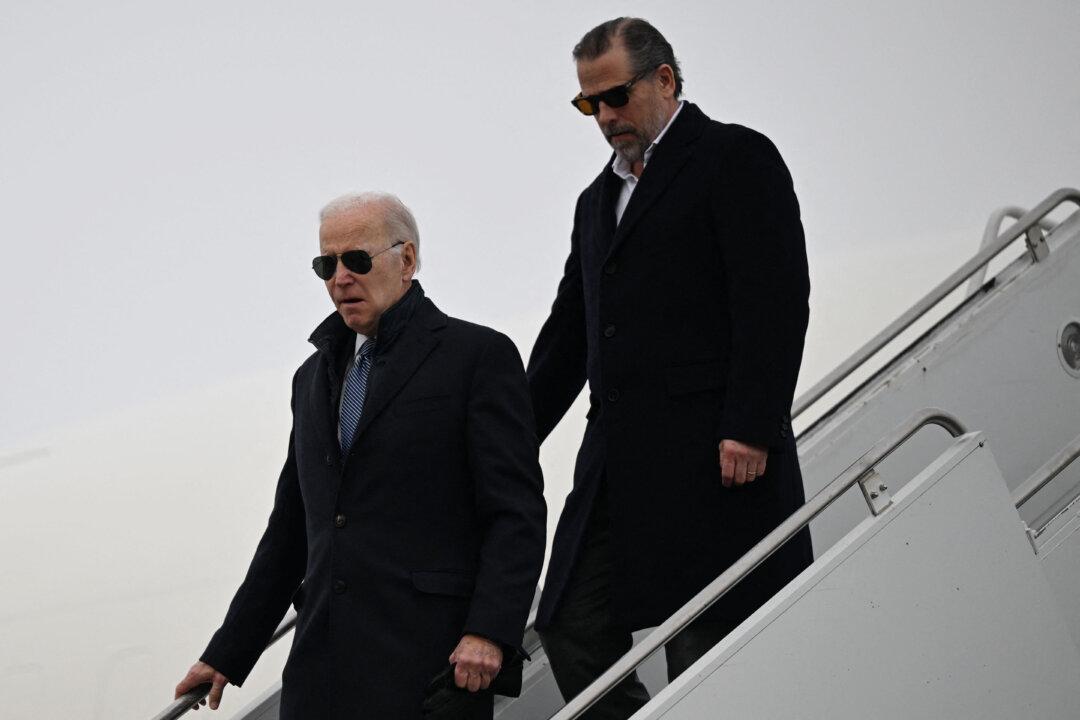President Joe Biden will not pardon his son, Hunter Biden, even as the fate of his plea deal with the Department of Justice (DOJ) hangs in the balance, White House Press Secretary Karine Jean-Pierre said on July 27.
Asked during the daily press briefing whether the president would consider using his pardon power to dismiss charges against his son, Ms. Jean-Pierre said he would not.





